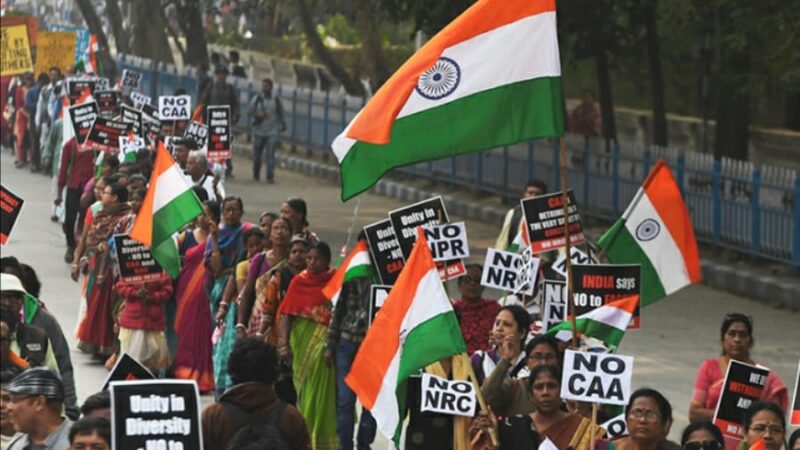2015: A year that Indian courts made us proud

A number of precedent-setting judgements were pronounced in the year 2015, especially ones that enforce rights of women as individuals in the Indian context. In this article, I have summarised a couple of such interesting cases. One such case is that of a woman who sought for maternity leave upon becoming a mother through surrogacy. Her employer (Kerala Livestock Development Board) denied her maternity leave by saying that only normal deliveries are entitled to leaves. When she took her claim to the court, the court ruled in her favour by saying that rearing of a child is also a very important part of motherhood and denying maternity leave to a woman is denying her fundamental rights as a mother. The court also emphasized on the fact that the Government of India permits paternity leave as well though men do not give birth to the child. In this particular case, the court took into account the best interests of the child, which any progressive thinking court would do. Another famous judgement this year was concerning the rights of a single mother to rear her child. In this case a single woman approached the local family court seeking the sole guardianship of her child. However, the court in such a circumstance wanted to send a notice to the father as well. This led to the single mother approaching the apex court to get its opinion on this issue. The apex court ruled that an unwed mother can be the sole guardian of a child without disclosing the identity of the father. Before this, every time a single mother used to apply for a passport for the child or try to admit the child in a school, the father’s consent was always needed which sort of put the single mother at the mercy of a man she hadn’t met for years and did not have any sort of connection with. However, this landmark ruling has completely changed this situation forever. In another case, a minor girl filed a case of sexual abuse against her father, through an FIR. The rules in our country do not allow the law enforcement agency to divulge details of the survivor. But still the television reporters reached the victim’s home for some information. Although, the victim and her mother refused to talk to the news reporters, their voice was broadcast on national television. This caused a lot of trauma to the girl and her family. A complaint was thereafter filed in the Delhi High Court against the Police Commissioner and the media for revealing the identity of the child and causing so much trauma to the child and her family. The court upheld the grievance and ordered for a compensation of Rs. 6 lakh to be paid, in addition to the cost of litigation borne by the complainant. Another ruling by the Supreme Court drew attention to the practice of “compromise” in rape cases. The Court eventually held that a compromise sought between the victim and the accused is not acceptable in rape cases as rape is a criminal offence against the society at large and thus, it is not up to the accused and the victim to ‘settle’ the case between themselves only. These cases clearly show how courts are taking additional steps nowadays to ensure that women are not commodified and treated with the amount of dignity each and every human being is entitled to. Nowadays be it motherhood, marriage or work, women have to face discriminatory attitudes everywhere. But if the Courts in India continue to be harbingers of justice for women, women can be assured that atleast the law is by their side, even if the society is not. ———— ABOUT THE AUTHOR: This article is written by Sayesha Bhattacharya.






